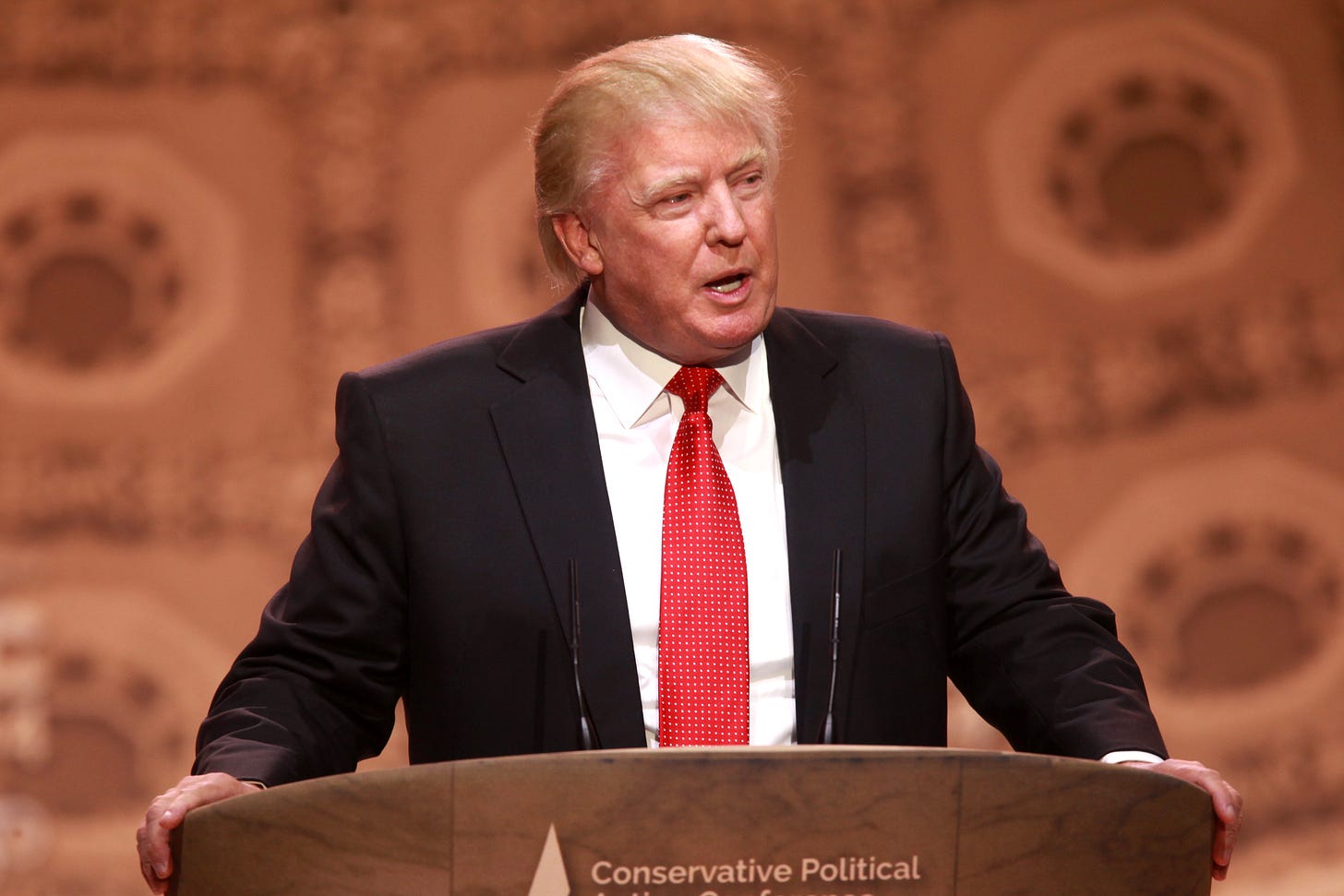Prince Versus Party
What Donald Trump and Kamala Harris reveal about our political order.
In most elections, American voters choose between two candidates, who represent a pair of alternatives within the same political model. The candidates bundle together a set of policies and pitch themselves as the nation’s most plausible leader.
The upcoming election presents a different choice. Donald Trump and Kamala Harris, the Republican and Democrat…



